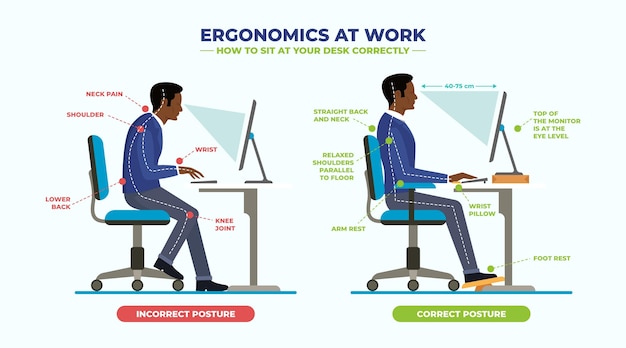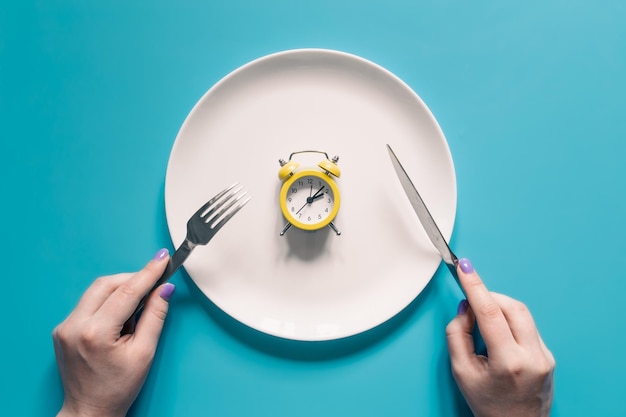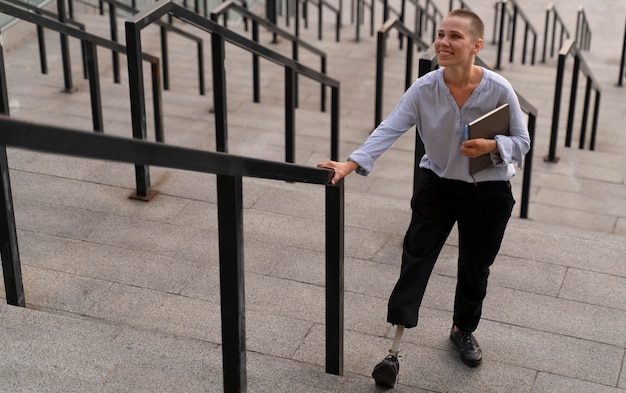Feeling overwhelmed by deadlines, back-to-back meetings, and endless emails? You're not alone. Chronic stress is a common challenge for office workers, impacting focus, sleep, and overall well-being. The good news? You don’t need a complete lifestyle overhaul to feel better. This 10-day, sustainable stress reduction plan offers short routines, simple habits, and evidence-based strategies designed specifically for busy professionals.
Research shows that consistent, small behavioral changes are more effective and sustainable than drastic interventions. A 10-day timeframe is long enough to form new neural pathways and short enough to maintain motivation. Each day introduces one manageable habit backed by science, helping you build resilience without adding stress to your schedule.

Start your day with intention to reduce stress.
Begin your day with a simple breathing exercise. Sit comfortably and inhale for 4 seconds, hold for 4, exhale for 6. Repeat for 5 minutes. This activates the parasympathetic nervous system, reducing cortisol levels and setting a calm tone for the day.
Before coffee, drink a glass of water. Dehydration increases cortisol and impairs concentration. Starting hydrated supports cognitive function and mood, making stress easier to manage.
Set a reminder to stand and stretch every hour. Even 60 seconds of shoulder rolls, neck stretches, or a quick walk to the water cooler reduces muscle tension and improves circulation. Movement is a proven stress reliever.
Turn off screens 30 minutes before sleep. Blue light suppresses melatonin, disrupting sleep quality. Use this time to read, journal, or practice gentle stretching. Better sleep equals better stress resilience.

Optimize your workspace for comfort and calm.
Write down three things you’re grateful for. Studies show gratitude practices reduce stress and increase emotional well-being. Keep it simple—focus on small wins, supportive colleagues, or a good cup of tea.
Choose one task and give it your full attention for 25 minutes (Pomodoro technique). Multitasking increases cognitive load and stress. Focused work improves efficiency and reduces mental fatigue.
Spend 10 minutes in nature—walk in a park, sit by a window with a view of trees, or tend to a desk plant. Exposure to nature lowers cortisol and improves mood, even in small doses.
Eat lunch without screens. Focus on the taste, texture, and smell of your food. Mindful eating improves digestion and reduces stress-related overeating, helping you return to work feeling refreshed.

Practice presence during meals to reduce stress.
Define a clear end to your workday. Close your laptop, silence notifications, or say a verbal cue like “I’m off the clock.” Boundaries prevent burnout and support work-life balance, a key factor in long-term stress management.
Review what worked. Which habits felt most beneficial? Choose 2–3 to continue. Sustainability comes from personalization, not perfection. This reflection helps you build a long-term stress resilience toolkit.
Unlike intense regimens that fade quickly, this plan focuses on integration. Each habit takes less than 10 minutes and fits into an office worker’s routine. The emphasis is on consistency, not intensity. Over time, these micro-habits compound into meaningful change.
Additionally, the plan is flexible. Miss a day? Start again the next day. The goal is progress, not perfection. By the end of 10 days, you’ll have a personalized set of tools to manage stress—no gym membership or drastic changes required.
Stress doesn’t have to be a constant companion. With small, evidence-based changes, office workers can reclaim their calm and improve both productivity and well-being. Start today—your future, less-stressed self will thank you.

Wellness

Wellness

Wellness

Wellness

Wellness

Wellness

Wellness

Wellness

Wellness

Wellness

Fitness

Wellness

Health

Fitness

Health

Health